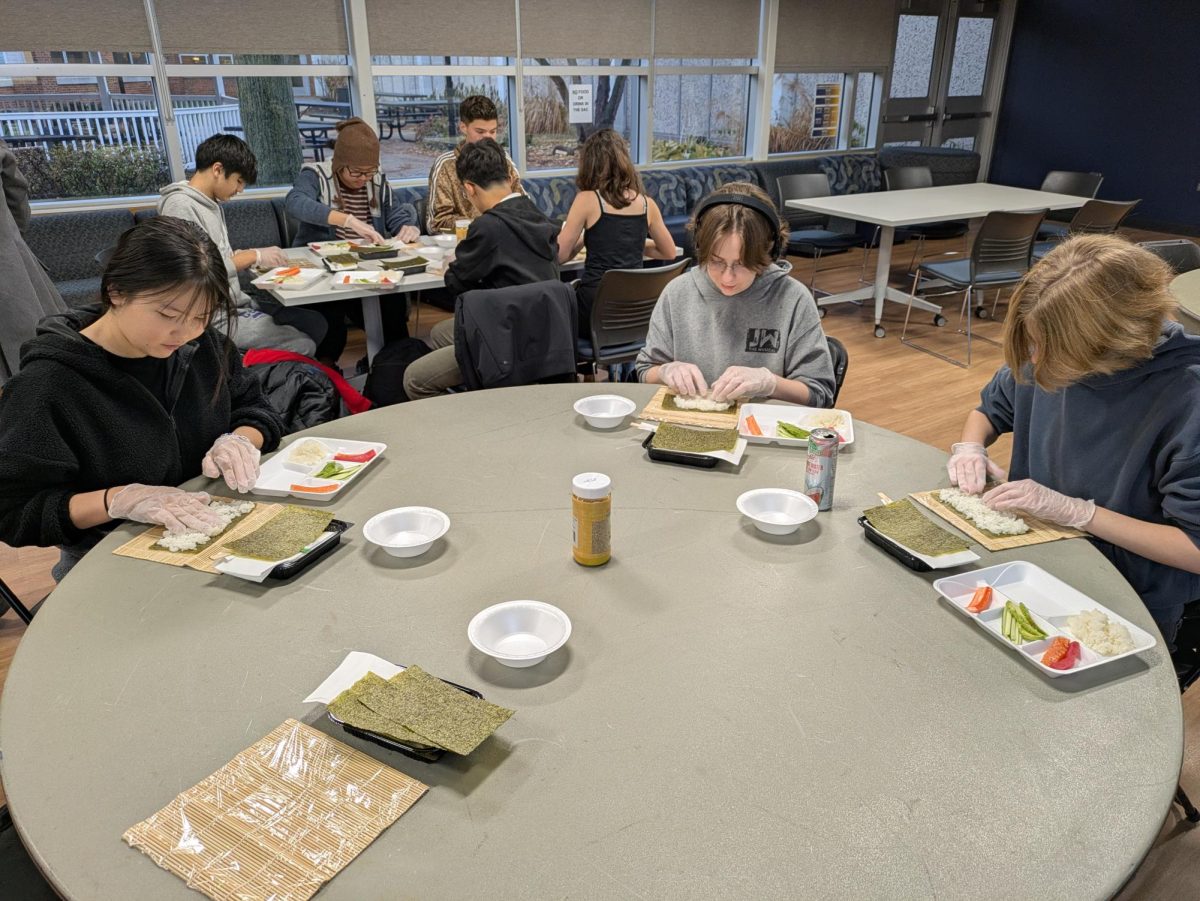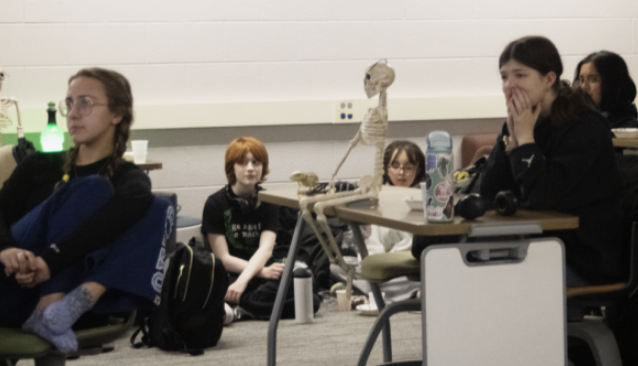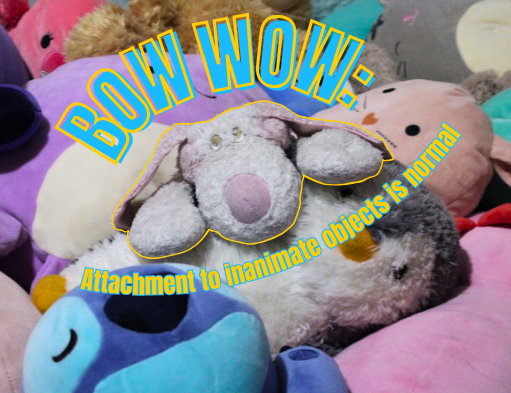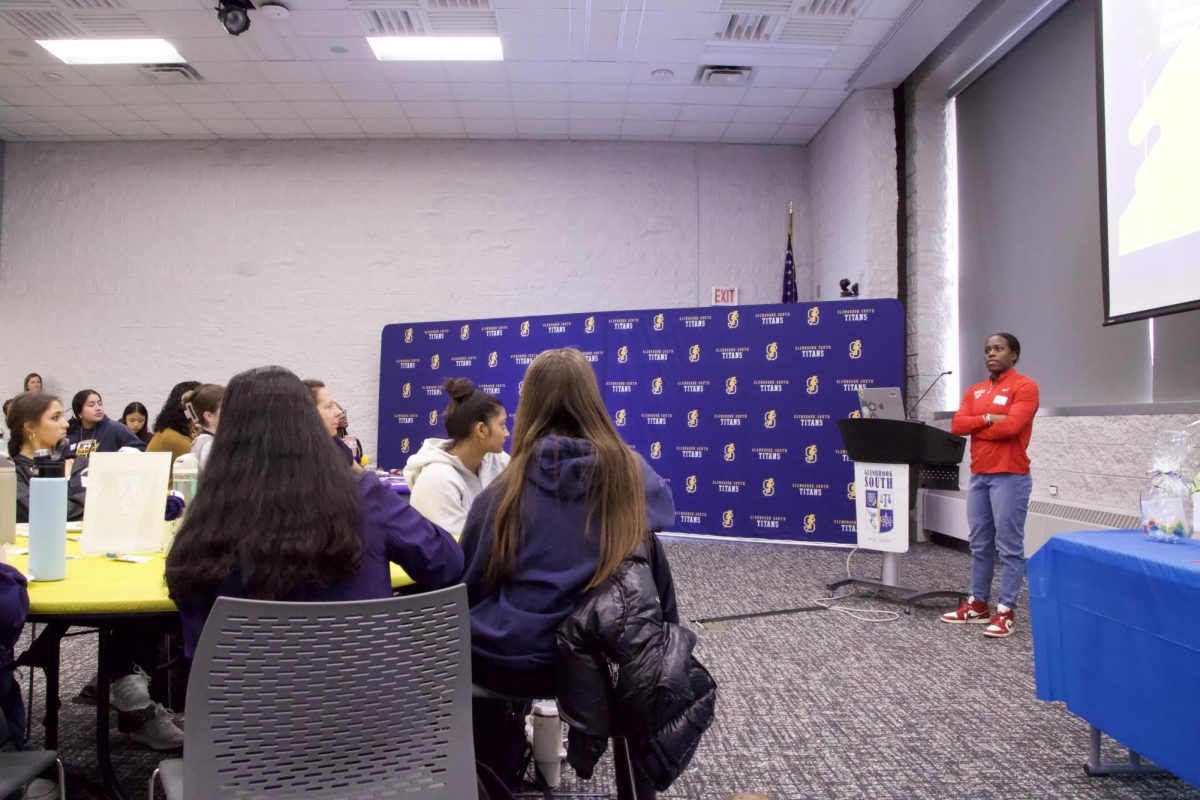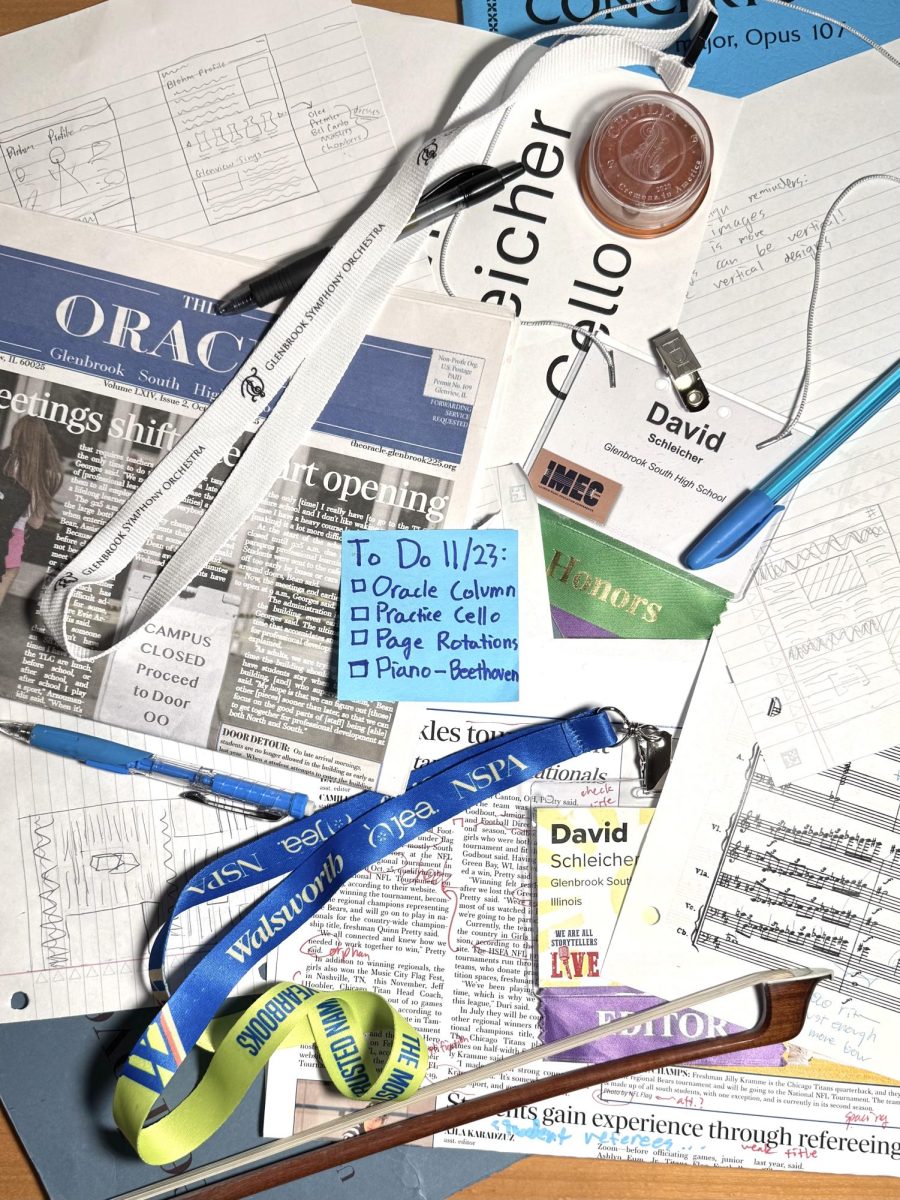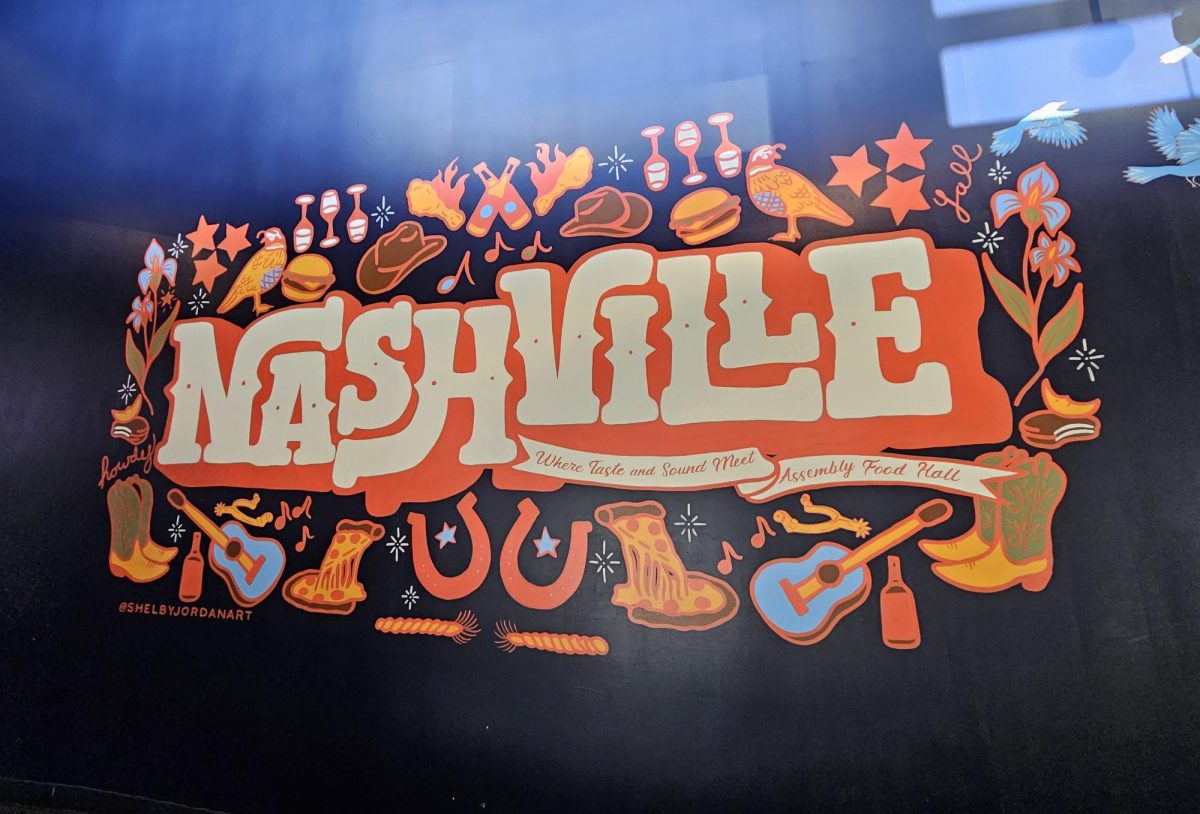Two boys in a romantic relationship hold hands down the hallways of South. Moments later, a group of students begin to shout slurs and walk between them to separate the couple. This, according to junior Kaleb Garden, was just one of the many issues discussed at the Student Summit for Human Rights (SSHR) held on Nov. 9, 2017.
Garden, Sexuality and Gender Alliance (SAGA) president, said the SSHR was formed to bring the human rights clubs at GBS together. Because the clubs tend to act individually, the summit opened a line of communication between them.
Senior Fiona Hellerman said, “Feminism Club [talks about how] women are obviously at risk for sexual harassment and SAGA looks at the fact that queer and transgender women [face the same risk]. Because some of these topics are divided in two different clubs, often times they won’t cover [them]. The motivation behind forming the SSHR was to promote a conversation between [human rights] clubs and show other people just how much these clubs relate.”
According to Garden, one of the main issues discussed at the SSHR was censorship and how some students feel as if they have to stay silent. For instance, Hellerman, Feminism Club president, says her friend spoke out at the summit about a time she felt censored in the classroom.
“[The teacher] didn’t respect something that [my friend] was requesting and [she] completely censored him from talking about it,” Hellerman said. “ That got other students [at the summit] to say, ‘Oh yeah, I had a similar experience like that’, and they then came forward with the instance they had in the school. [The SSHR is] a really nice place that we’ve created for people to speak out.”
Senior Alex Economou said many students who attended the summit shared their own personal experiences when they’ve been discriminated. Garden says that by hearing the issues students have faced, she feels a responsibility to try and put an end to it.
“As president of SAGA, it’s my job to make sure [acts of discrimination] don’t happen,” Garden said. “When I hear something like this is happening in our school, I want to try to [make the students at South] be more accepting. [The SSHR] was impactful for me because I learned I need to do better and educate the school more.”
Hellerman encourages all students to come out to a future summit despite their amount of knowledge on the issues, as she believes there is so much that can be gained from attending.
“You have to be coming from a place with immense privilege to not realize there’s many people going through different things that are so difficult and hard to deal with,” Hellerman said. “Just recognizing and knowing that it’s something that needs to be changed, that’s my motivation being a human rights activist. [The SSHR] will expand your world views and make you think about things in different perspectives, and you’ll still learn a lot by just being somewhere where people are talking about it.”
Looking towards the future, Economou hopes that South will become a place where all students are treated equally with fairness and respect.
“I want [South] to be a place where we don’t discriminate someone based on their race or sexuality, but [instead] we’re actually able to live coherently,” Economou said. “[I hope] there’ll be a dialogue between all the students and that it becomes a big part of GBS, making it a greater and even more safer place to be.”






